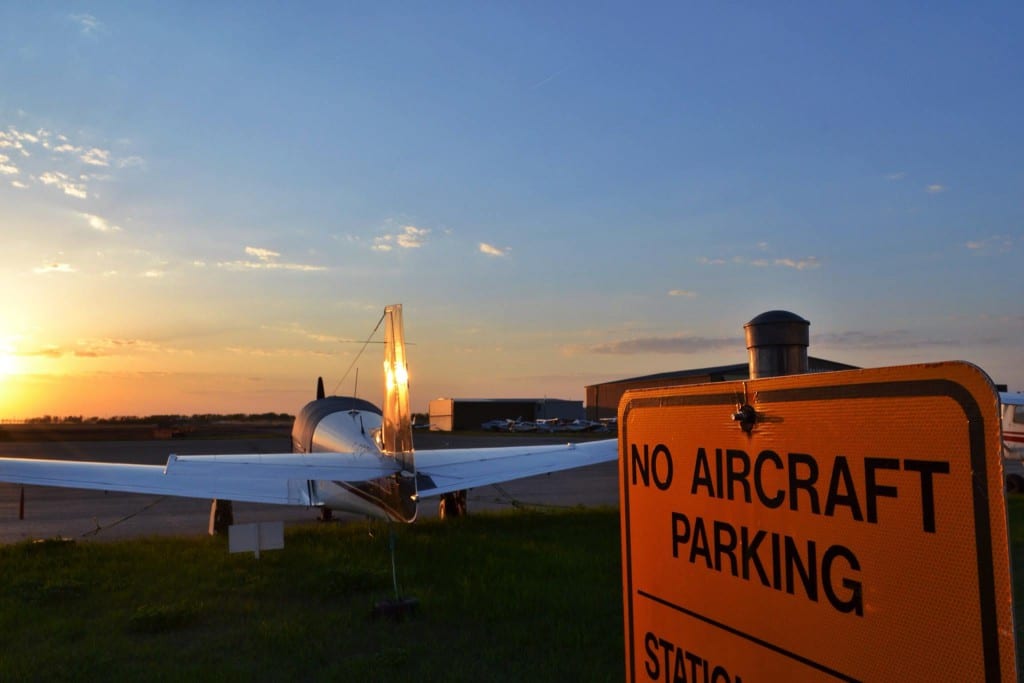General information, rules and regulations for aircraft rentals.
1. Eligibility
To be eligible to rent RFC aircraft:
2. Conduct of Rental Flight – Canadian Air Regulations (CARs)
The rental flight shall be operated in accordance with the Canadian Air Regulations.
3. Planned Landing at a Location Other Than a Hard Surface Aerodrome
A planned landing of an RFC aircraft at a location that is not a hard surface aerodrome must be approved by the General Manager.
4. Rental Flight – Aircraft Preparation and Weight and Balance
Prior to each rental flight:
5. Survival Equipment
Where applicable a basic survival equipment kit is available from the RFC upon request. It is the responsibility of the pilot-in-command to comply with the survival equipment requirements and regulations. CARs 602.61
6. Hand Prop Starts Prohibited
Starting of RFC aircraft by the propeller hand swing method is prohibited unless the person conducting the propeller swing start is qualified to carry out the start in that manner and the propeller hand swing start is approved by the General Manager.
7. Aerobatic Maneuvers Prohibited
Maneuvers considered to fall under the “aerobatic” category are prohibited.
8. Reporting of Aircraft Unserviceability’s and Defects
All aircraft unserviceability’s must be reported to the RFC as soon as the defect is discovered. If away from the base, the Pilot is to call RFC immediately, to check if aircraft is airworthly to fly back or not.
The pilot-in-command shall record any defects regarding the aircraft in the aircraft journey logbook. In the consultation with an RFC staff member a defect may be deferred or may cause the aircraft to be grounded for maintenance.
9. Reporting of Incidents During the Conduct of Flight
Any and all incidents occurring during a flight shall be reported to the RFC. An incident may include but is not restricted to:
10. Low Flying Prohibited
Except in the case of take-off or landing flight below 500 feet AGL is prohibited.
11. Aircraft Shutdown – Passenger Deplaning
The aircraft engine must be shut down before passengers are permitted to exit the aircraft.
12. Flight Plan or Itinerary to be Filed – Flight Beyond 25 Nautical Miles
A flight plan or flight itinerary shall be initiated for any flight conducted beyond 25 nautical miles from Regina. The RFC shall not accept nor act as responsible person for flight itineraries. CARs 602.73(2)
13. Local Flight
A local flight is defined as a flight 25 nautical miles or less from Regina. For local flights a flight plan or flight itinerary is not required but the Flying Member shall inform the RFC of the intended route, location and duration of flight.
14. Flight Delays – RFC to be Notified
The RFC shall be informed of any flight delays as soon as practicable.
15. Flight into Mountainous Areas
No flights into mountainous areas shall be conducted unless authorized by the General Manager.
16. Damage to RFC Aircraft
As soon as practicable any damage that occurs to an RFC aircraft shall be reported. Flight of a damaged aircraft shall not be permitted unless approved by the General Manager or designate.
17. Aircraft Journey Logbook to be Carried on Board
The aircraft journey logbook shall be carried on board the aircraft for all flights beyond 25 nautical miles from Regina or where a landing at a location other than the point of departure is intended.
18. Right Seat Flying Prohibited
For all rental flights the pilot-in-command shall occupy the left pilot seat. This requirement may be waived where the pilot-in-command for rental flights holds or has held an Instructor Rating.
19. Fuel Purchases for En-Route Flight Costs
Fuel purchases other than from the RFC shall be deducted from the final rental invoice.
All flight expenses such as storage, tie-down, start assist, heating, parking, landing fees shall be the responsibility of the renter.
20. Insurance Deductible Responsibility of Flying Member
The Flying Member shall be responsible for the deductible applicable to not-in-motion or in-motion insurance claims. This does not apply in instances where an insurance claim is initiated as a result of the actions of, or by, a third party beyond the control of the Flying Member or RFC.
21. Rental In Excess of One Day
Requests for rental flights in excess of one business day must be approved by the General Manager.
22. Civil Air Search and Rescue Association (CASARA) – Actual Emergency Search
In the case of an emergency circumstance involving an actual CASARA search event, a rental flight may be postponed, altered or cancelled to allow for the use of an RFC aircraft for the emergency event.

The Regina Flying Club (RFC) is a premier flight training facility at the Regina International Airport, training dozens of new pilots every year.